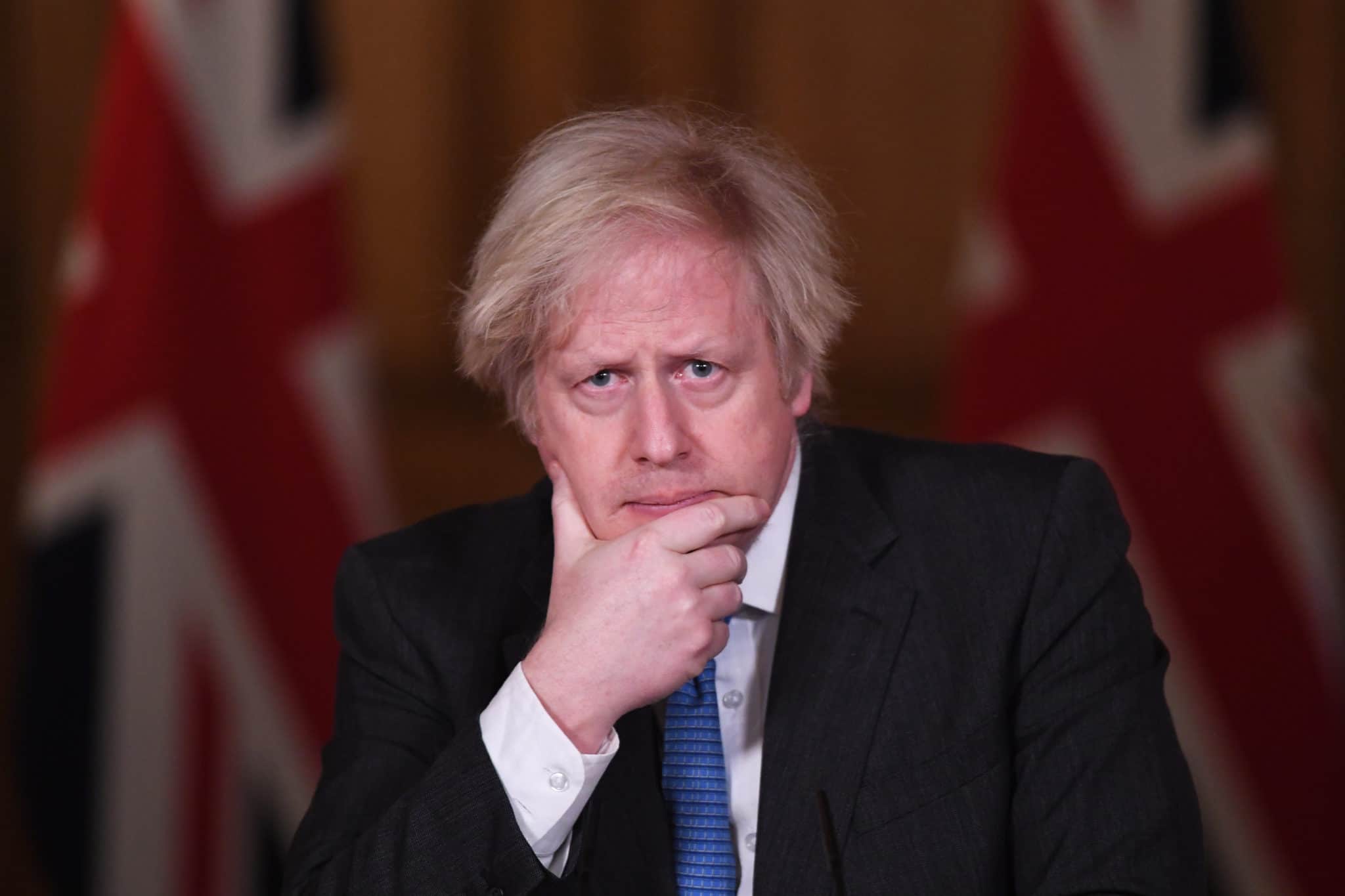JK Rowling and anti-trans rhetoric have caused ‘significant damage’ to the UK, international LGBT+ report warns

JK Rowling. (Getty/Samir Hussein)
An international LGBT+ rights review has warned the UK is facing “significant damage” because of transphobic hate speech and JK Rowling.
British leaders previously boasted of the UK’s top-place ranking on ILGA-Europe’s equality index, but the country tumbled significantly in recent years – as others leap ahead while the UK struggles to implement basic reforms on gender recognition and conversion therapy.
This year’s report, published on Tuesday (16 February), now shows the UK lagging in tenth place, behind the top-ranked Malta, Belgium and Luxembourg, as well as Norway, France, Denmark, Spain, Portugal and Finland.
Significantly, the report notes the rise of anti-trans voices in UK society and the damage they have caused to progress on equality.
International LGBT+ review says UK has faces ‘serious damage’ from JK Rowling and anti-trans rhetoric.
It notes: “Anti-trans rhetoric continued to cause serious damage in the UK again this year. A prime example is repeated transphobic attacks by author JK Rowling, on Twitter and in her writing.”
JK Rowling has repeatedly denied allegations she is transphobic.
The report continues: “Her statements have been harshly criticised by trans people, activists and writers. A growing number of celebrities, including from Harry Potter films, have spoken out in support of trans
communities.
“Some trans people expressed their wish to leave the UK because of the growing hate.”
The report warns that in some parts of the UK, “hate crimes had been steadily increasing… in part due to an increase in reporting, but also influenced by increasing hostility in UK-wide media towards trans identities and communities”.

The UK government has failed to push forward with basic reforms, while launching a number of concerning actions (Getty/Stefan Rousseau)
ILGA-Europe also cites “extreme concern” over the High Court ruling on access to puberty blockers, and a second “grim” court ruling in the case of Freddy McConnell, a trans man who lost a court battle after seeking to have “mother” removed from his child’s birth certificate.
It also notes the “misstep” of shelving gender recognition reform, a “worrying” government consultation hostile to gender-neutral toilet provision, and multiple cases of “rejection and possible deportation” for LGBT+ asylum seekers as causes for concern.
Progress which was ‘taken for granted’ is under threat across Europe.
ILGA-Europe says that the backslide on LGBT+ issues is not entirely contained within the UK, describing its report as a “glaring clarification that progress which has been taken for granted is not only increasingly fragile, but particularly vulnerable to exploitation by anti-human rights forces”.
Advocacy director Katrin Hugendubel said: “The ILGA-Europe Annual Review 2021 shows a significant growth of opposition towards trans rights across Europe, which is beginning to have a wide and negative impact on legal gender recognition.
“There is legal regression and stagnation in 19 countries, many of which have seen opposition forces become louder, saying that advancing the protection against discrimination and self-determination for trans people would harm women’s rights or ‘the protection of minors’.”
The report also notes that a spreading anti-LGBT+ moral panic had led to horrific bigotry in both Poland and Hungary.
Evelyne Paradis, executive director of ILGA-Europe said: “Overall there has been a crackdown on democracy and civil society, and not just in Poland and Hungary, which made all the headlines in 2020.
“Contributors to the review in several countries have expressed fears of their governments following in the footsteps of Poland and Hungary, while attacks on freedom of assembly continue to be a growing trend with brutal crackdowns and attacks, and court cases against people who took part in Pride events in 2019.
“Concurrently the review shows a substantial rise in hate speech across the regions, both from official sources, in the media and online. The trend of politicians verbally attacking LGBTI people has grown considerably and spread widely.”

